Results
-
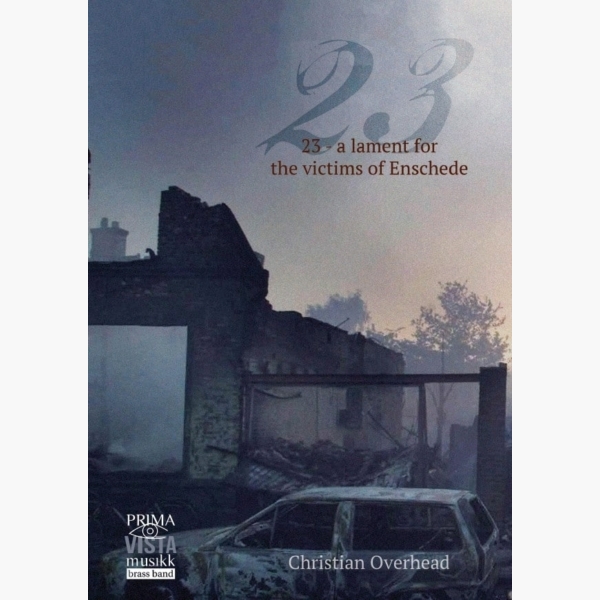 £24.95
£24.9523 - Christian Overhead
23 was composed for Brass Band Schoonhoven, and used as part of their programme for Brass in Concert in November 2016. On the 13 th May 2000, the Netherlands was shocked by an explosion in Roombeek - a district of...
Estimated dispatch 5-7 working days
-
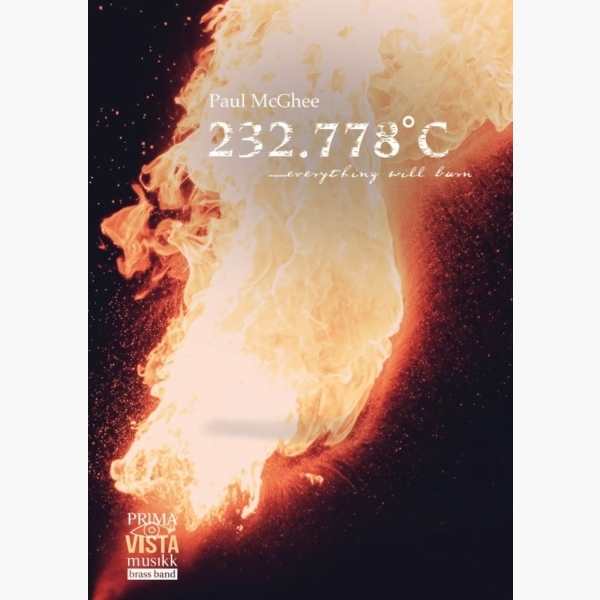 £34.95
£34.95232.778C - Paul McGhee
'232.778C' was written during October 2016 and is a musical homage and reaction to Ray Bradbury's 'Fahrenheit 451' and the illustrations of the novel by Ralph Steadman. It received its premiere on Sunday 20th November at the 40th Brass in...
Estimated dispatch 5-7 working days
-
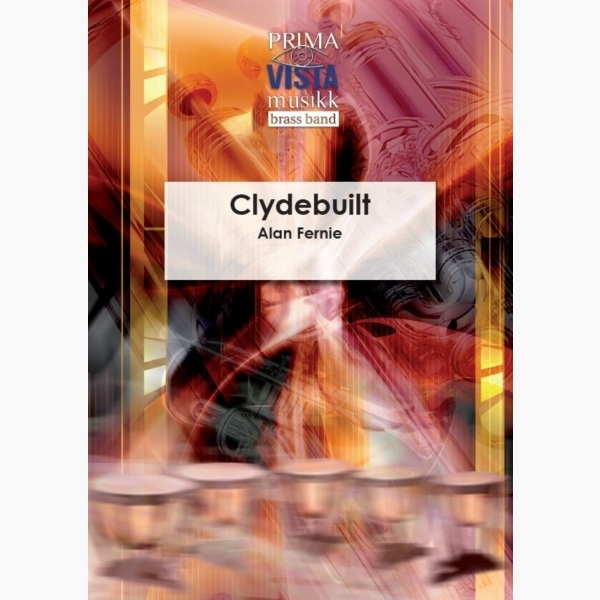 £34.95
£34.95Clydebuilt - Alan Fernie
Clydebuilt is a short descriptive overture, commissioned and premiered by the Riverside Youth Band in 2016. The band are based by the banks of the famous River Clyde, which is synonymous with shipbuilding. Indeed, it is said that any ship...
Estimated dispatch 5-7 working days
-
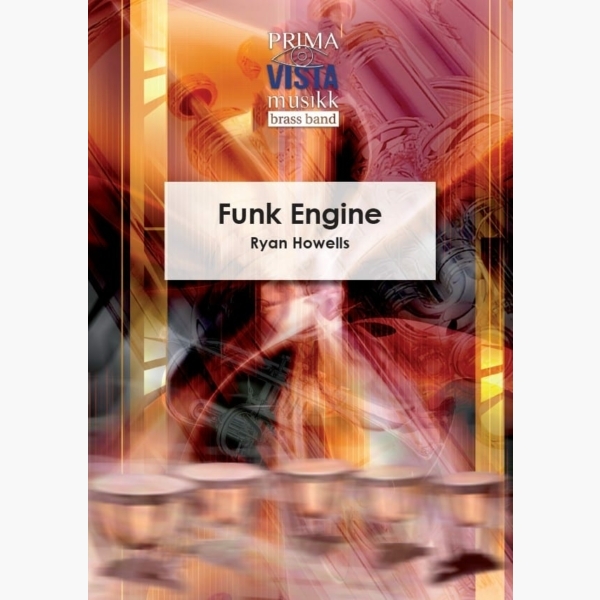 £34.95
£34.95Funk Engine - Ryan Howells
Funk Engine was commissioned for the Intermediate Section of the 2016 National Youth Brass Band Championships. When I was commissioned to write a piece for the championships I decided that I wanted to create something a bit different to standard...
Estimated dispatch 5-7 working days
-
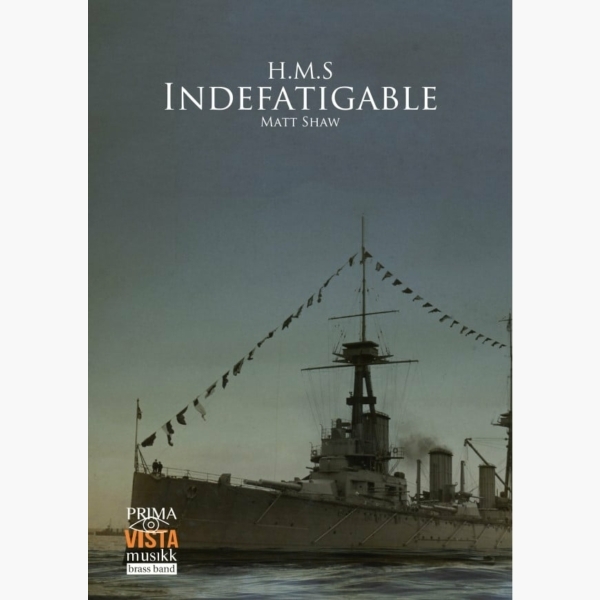 £34.95
£34.95HMS Indefatigable - Matt Shaw
HMS Indefatigable is a contest march, composed for the Virtuosi GUS Band, under the direction of Adam Cooke, and used as part of their programme for Brass in Concert in November 2016. The march is named after the battlecruiser HMS...
Estimated dispatch 5-7 working days
-
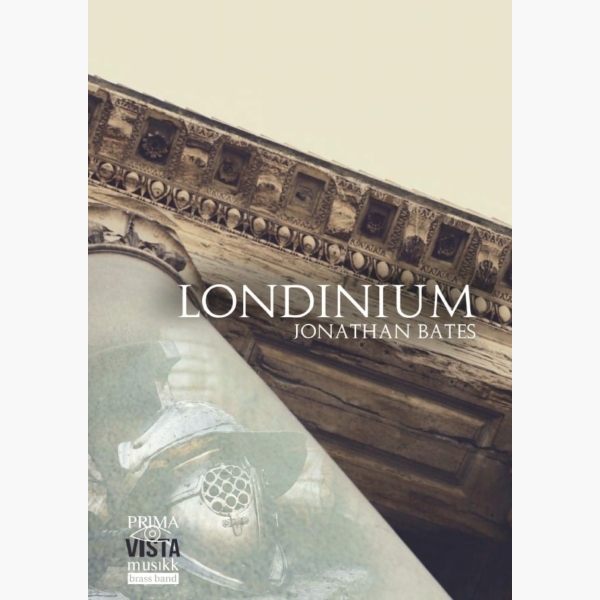 £34.95
£34.95Londinium - Jonathan Bates
Londinium was commissioned by Paul Holland and the Flowers Band as the opening item of their 2016 Brass in Concert programme. The music portrays the Roman settlement of Londinium through a series of bold, off-stage, horn and baritone calls. The...
Estimated dispatch 5-7 working days
-
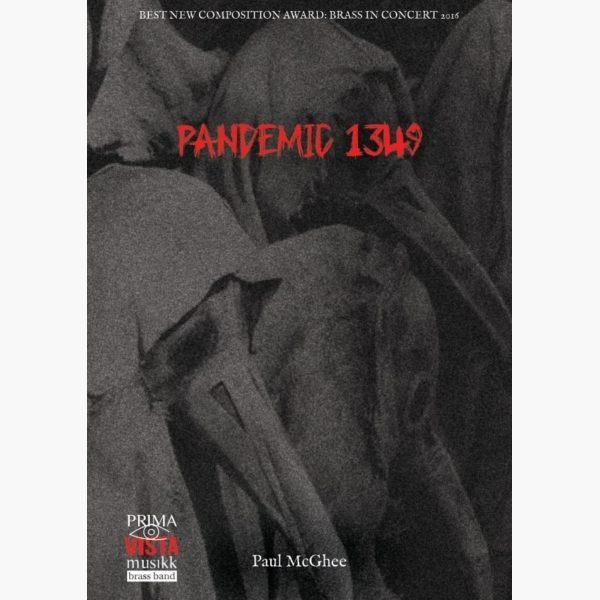 £34.95
£34.95Pandemic 1349 - Paul McGhee
Pandemic 1349 was written during September and October 2016 and received its premiere on Sunday 20th November at the 40th Brass in Concert Championships at the Sage, Gateshead where it received the best new composition/arrangement award. London lost almost half...
Estimated dispatch 5-7 working days
-
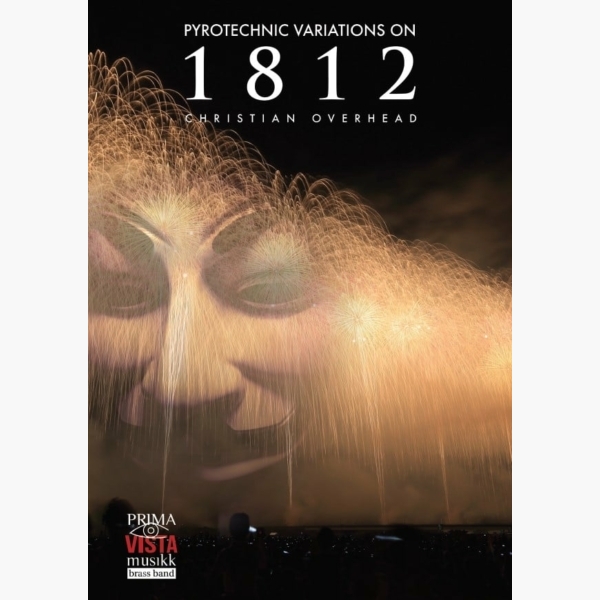 £34.95
£34.95Pyrotechnic Variations on 1812 - Christian Overhead
Pyrotechnic Variations on 1812 was composed for Brass Band Schoonhoven, and used as part of their programme for Brass in Concert in November 2016. The work is a modern-day twist on Tchaikovsky's famous 1812 Overture. A heraldic opening introduces some...
Estimated dispatch 5-7 working days
-
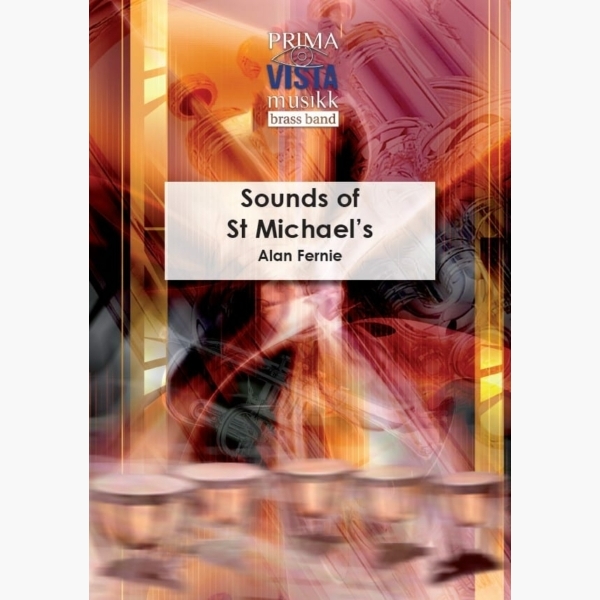 £34.95
£34.95Sounds of St Michael's - Alan Fernie
Sounds of St Michael's was commissioned and premiered by Martlesham Brass (Suffolk) in 2016 to help commemorate their 20th anniversary. The band rehearse in their local church, St Michael's, and the piece reflects, perhaps, a year in the life of...
Estimated dispatch 5-7 working days
-
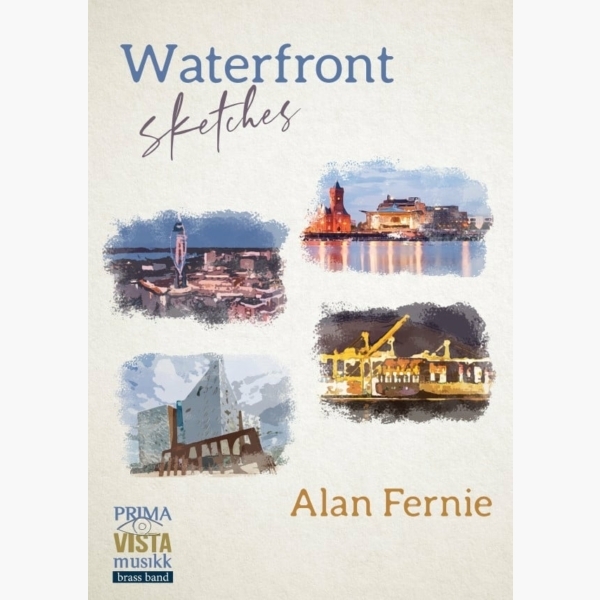 £64.95
£64.95Waterfront Sketches - Alan Fernie
Waterfront Sketches was commissioned by the National Children's Band of Great Britain and premiered by them at Repton School in July 2016. The composer was asked to write a work reflecting the four nations that make up the United Kingdom...
Estimated dispatch 5-7 working days
